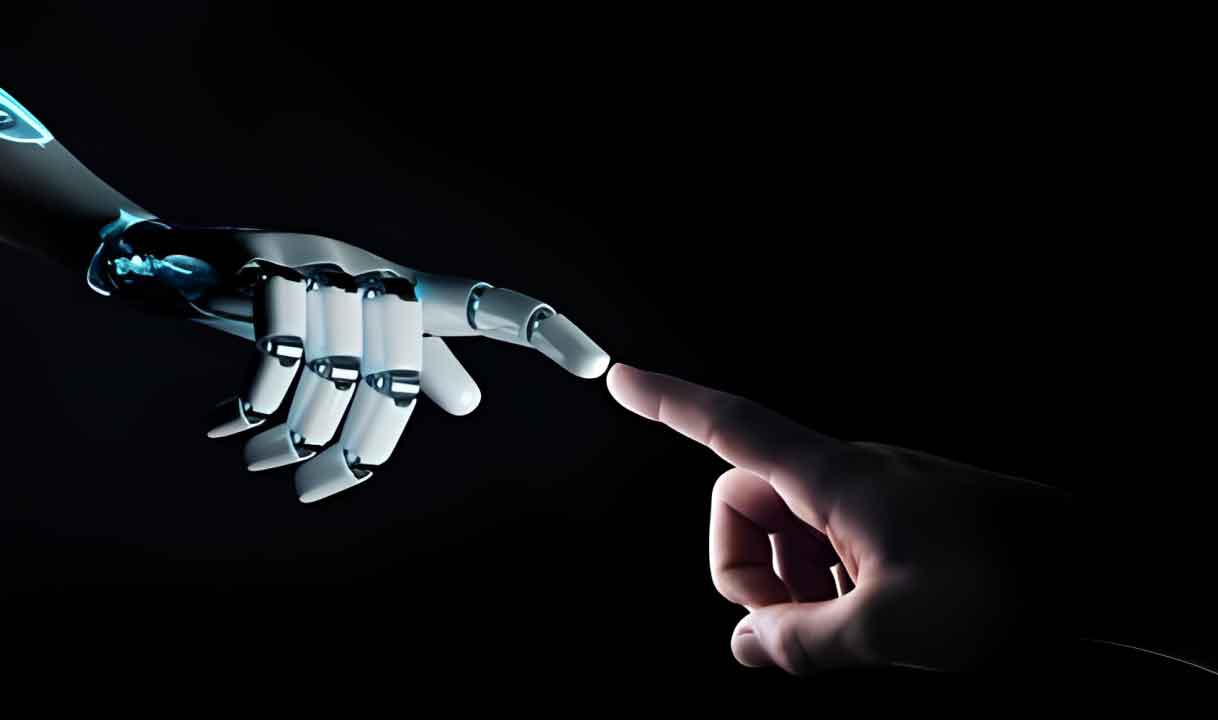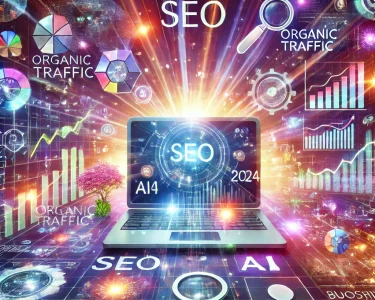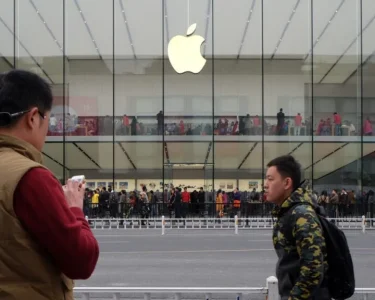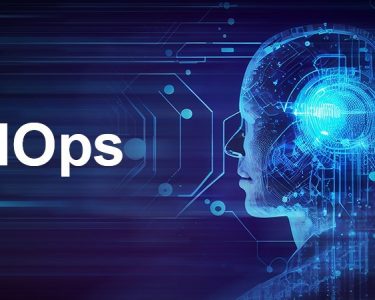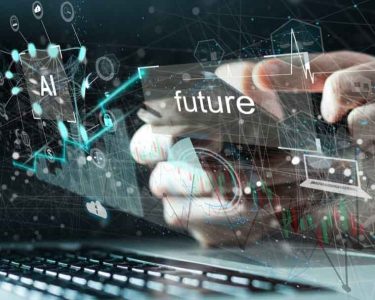AI and human collaboration: As artificial intelligence (AI) continues to evolve, the conversation has shifted from fear of replacement to excitement for collaboration. More industries than ever are adopting AI tools to work hand-in-hand with human employees, improving efficiency, productivity, and innovation. This partnership between AI and human intelligence opens up endless opportunities for growth and transformation across all sectors.
The Rise of AI in the Workplace
AI has made significant strides in recent years, reshaping the landscape of work as we know it. From automating mundane tasks to offering personalized customer experiences, AI’s capabilities are becoming indispensable. Businesses are seeing the benefits of leveraging AI to handle repetitive, data-driven activities, which allows human workers to focus on tasks that require creativity, critical thinking, and emotional intelligence.
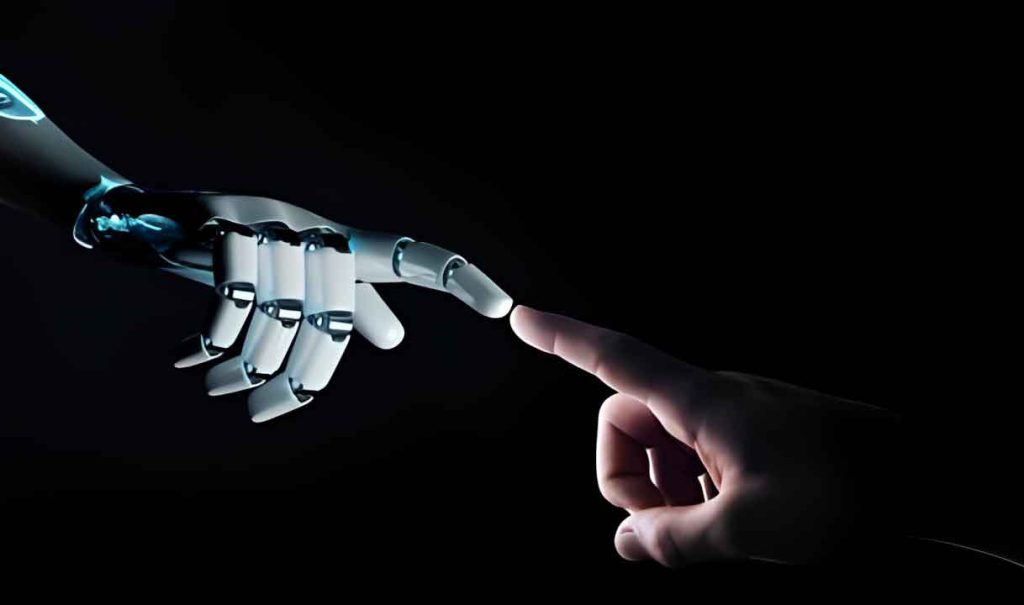
For example, in industries like healthcare, AI helps doctors analyze large amounts of patient data, making it easier to diagnose conditions and suggest treatment options. Meanwhile, AI chatbots assist with customer service by addressing routine inquiries, freeing up human agents to handle more complex cases. This symbiotic relationship benefits both the organization and its employees, as well as the customers they serve.
Why Collaboration Beats Competition
A common misconception is that AI is here to take jobs. In reality, it’s here to enhance them. The real power lies in collaboration. When AI handles time-consuming tasks, employees have more time to engage in strategic thinking, problem-solving, and innovation. This collaboration between AI and humans is particularly powerful because AI can process vast amounts of data quickly, while humans excel in areas like creativity, empathy, and decision-making.
Consider industries such as marketing. AI can analyze customer data to provide insights into buying habits and preferences, but it still requires a human touch to craft engaging campaigns that resonate on an emotional level. By working together, AI and human marketers can create more effective strategies that connect with their audience.
Key Benefits of AI and Human Collaboration
- Improved Efficiency: One of the most obvious advantages of AI is its ability to process and analyze data at an unprecedented speed. By automating routine tasks, employees can focus on more important work, leading to greater productivity and fewer errors.
- Enhanced Decision-Making: AI tools can provide valuable insights that help businesses make more informed decisions. By analyzing trends and patterns, AI can predict outcomes, allowing leaders to take proactive measures. However, it’s the human element that provides the context and critical thinking needed to interpret these insights effectively.
- Personalized Experiences: In customer service and product development, AI enables businesses to offer personalized experiences at scale. While AI identifies preferences and trends, human employees can use this information to create tailored solutions that meet the unique needs of their customers.
- Increased Innovation: With AI taking care of repetitive tasks, employees are free to focus on creativity and innovation. This can lead to new product ideas, more effective marketing strategies, and improved customer service. AI provides the data and tools, while humans bring the vision.
- Job Enrichment: Contrary to popular belief, AI can actually lead to more fulfilling work. By automating mundane tasks, employees can focus on more meaningful work, such as building relationships with clients, developing creative solutions, or leading strategic initiatives.
Industries Leading the Way
Several industries have embraced AI and human collaboration, setting the stage for a more efficient and innovative future.
- Healthcare: AI is revolutionizing the healthcare industry by providing tools for more accurate diagnoses, personalized treatment plans, and faster research and development of new medications. While AI handles data analysis, healthcare professionals focus on patient care, ensuring a more holistic approach.
- Retail: Retailers are using AI to track customer preferences, optimize pricing, and predict trends. AI helps retailers make sense of vast amounts of data, but human employees still play a crucial role in providing personalized service and adapting to customer feedback in real-time.
- Finance: In the finance sector, AI is being used to detect fraud, manage investments, and automate routine tasks like loan processing. However, financial professionals are still needed to interpret AI-driven insights and make complex decisions that require a human understanding of market dynamics.
The Future of AI and Human Collaboration
As AI technology continues to evolve, the possibilities for human-AI collaboration will only expand. The key to a successful partnership lies in understanding the unique strengths of both AI and human intelligence. AI excels at data processing, analysis, and automation, while humans bring creativity, emotional intelligence, and contextual understanding to the table.
Organizations that foster this collaboration will not only benefit from increased efficiency but will also create more meaningful work for their employees. In the future, we can expect to see more businesses adopting AI-powered tools that complement, rather than replace, human workers.
Overcoming the Challenges
While the benefits of AI and human collaboration are clear, there are challenges to be addressed. One of the primary concerns is the need for employees to adapt to new technologies. This requires ongoing training and development, as well as a shift in mindset. Businesses must invest in upskilling their workforce to ensure employees can effectively collaborate with AI.
Another challenge is ensuring ethical AI usage. As AI becomes more prevalent, it’s crucial to establish guidelines that prevent biases and protect user data. Transparency and accountability will be key to maintaining trust in AI systems.
A New Era of Collaboration
AI and human collaboration is not a distant future – it’s happening now. As more businesses embrace this powerful partnership, we will see improvements in efficiency, innovation, and job satisfaction. By working together, AI and human intelligence can drive meaningful change across industries and create a future where both technology and people thrive.
For more insights on the evolving role of technology in our lives, visit Digital Digest today.

